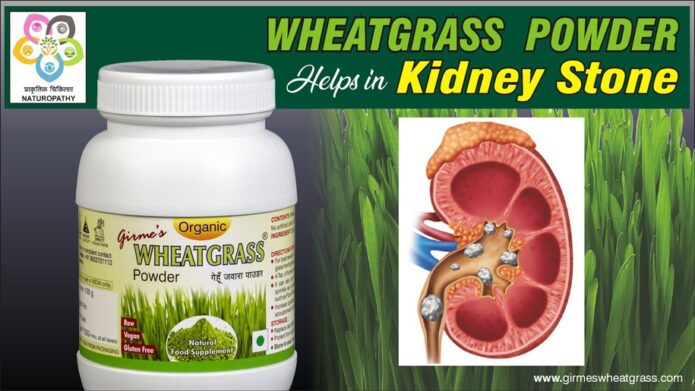
Kidney Stone : Herbal Home Remedies
Kindly Stones: Are there any herbal home remedies? Many a times kidney or ureteric stones are small enough to be flushed out through your urine, and can be treated at home by taking plenty of water and herbal remedies that may increase chances of passing out kidney stones and preventing their development. What are kidney […]


